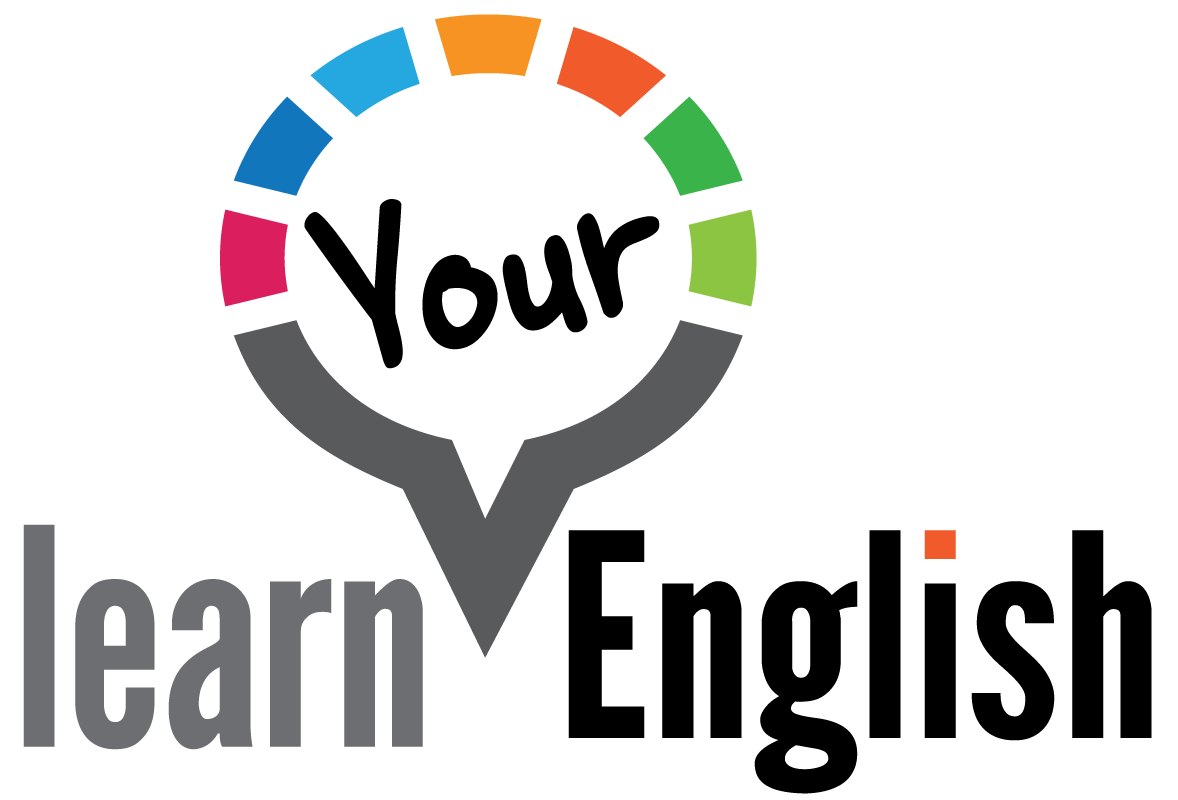The Teacher Talking Time Podcast
Or Watch the Video Versions on YouTube
Hosting your own course? Try Skool
Courses and community in the same place. We use Skool for our courses and love it.
Starting a Podcast? Try Podbean
We use Podbean every day for our own shows and can say how easy and effective it is.
EPISODES
Episode 24: Dr. Marije Michel
In this episode, Dr. Michel discusses the second language learning process, the role of input, and her most recent research on alignment.
Dr. Michel focuses on:
Learning by doing
The role of input
The role of grammar instruction and repetition in task-based approaches
CAF - Complexity, Accuracy, Fluency
Training students to give meaningful peer feedback
An important refugee project called The English Academy for Newcomers
Alignment - what it is, how it works, and how teachers can incorporate it
Episode 23: Fernando Rosell-Aguilar
In this episode, Fernando discusses:
the main differences between online and face-to-face teaching
practices to use and avoid in online teaching
if the mass move to teaching online will re-shape traditional education
what he believes the term "supplementary" means in education
the myth that a teacher is required for learning
how much teaching should be done online
techniques teachers can use to improve their online teaching
Episode 22: Vinicius Nobre
In this episode, Vinicius talks about:
learner motivation, and the role teachers play - or don’t play - in it
the deficiencies in teacher training courses
textbooks, the intention behind how they are written, and why they shouldn’t be used as recipes
the ELT context in Brazil, including the hurdles to reaching proficiency, and why the English language rarely has any tangible benefits to Brazilians
the challenges to professionalizing ELT in Brazil
Episode 21: Neil McMillan
In this episode, Neil talks about:
the gap between standardized tests and necessary performative tasks, especially in the case of immigration;
what SLB is, how it works, and how teachers elsewhere can form a cooperative;
if ELT is a genuine career given the lack of regulation in the industry;
TBLT myths, SLB's TBLT course, and how teachers can implement tasks from coursebooks;
EAP contexts and how understanding a professor's expectations is integral before creating language curriculum.
Episode 20: A Decade, Change, and the Three Musketeers
To kick off 2020, Leo, Mike, and Andrew take a light and casual look at the year that was. In their first roundtable episode in a while, the boys reflect on the past year - and decade - and look forward to a new year. Grab a drink, go for a walk, or enhance your commute by listening to them failing to stay on topic, wandering deep into tangents, and debating the pronunciation of "vice versa."
Episode 19: Dr. Paula Winke
In this episode, Dr. Winke provides insight on:
what proficiency is, the models usually used to measure it, and what problems exist in that model;
how proficiency progresses vertically, horizontally, and spherically, and questions why we usually only gauge progress on a vertical scale;
how programs can evaluate if they are assessing accurately;
the problem with measuring proficiency across different program levels;
how course grades do not correlate to proficiency and that most assessments don't est what is being learned
ACTFL and CEFR scales and how tasks can be great assessment tools.
Episode 18: Why Did You Become a Teacher? Part 2
October 5 is Teacher Appreciation Day in Canada, and in over 100 countries globally. To help celebrate teachers and teaching professionals the LYE podcast - Teacher Talking Time - has organized a special two-part series called “Why did you become a teacher?” We interviewed six teachers from different countries and contexts to hear their stories, and celebrate the stories of all educators around the world.
We asked six teachers eight questions over two episodes. We talked about becoming a teacher, remaining a teacher, thinking about leaving teaching, misconceptions of teaching, rewarding experiences, and much more.
Episode 17: End the Stigma - Mental Health Awareness
The episode’s focus is on post-secondary and international study, where Mental Health rates among university and college students are on the rise in Canada. Issues of Mental Health can be even tougher in a new country, in a new language, in a new culture. International students, refugees, and other newcomers experience mental health as anyone else would, perhaps moreso, with factors like stigma, shame, and survivor’s guilt lingering. '
For those of us in education, the question remains: what can we do?
Episode 16: Why Did You Become a Teacher? Part 1
October 5 is Teacher Appreciation Day in Canada, and in over 100 countries globally. To help celebrate teachers and teaching professionals the LYE podcast - Teacher Talking Time - has organized a special two-part series called “Why did you become a teacher?” We interviewed six teachers from different countries and contexts to hear their stories, and celebrate the stories of all educators around the world.
We asked six teachers eight questions over two episodes. We talked about becoming a teacher, remaining a teacher, thinking about leaving teaching, misconceptions of teaching, rewarding experiences, and much more.
The teachers who graciously took part in this mini series are as follows. Please feel free to reach out to them and to support the projects they are working on.
Episode 15: Brett Reynolds
In this episode, Brett talks to Leo about his recent publication in the ELT Journal called "Against Teaching Collocations."
Are collocations connected to language acquisition?
Are they actually a beneficial strategy for vocabulary building?
Does it matter if students can notice and identify collocations?
Should they only be for receptive practice?
Are collocations simply another form of native speakerism?
Episode 14: Dr. Susan Hunston
In this episode, Leo talks with Dr. Hunston about pattern grammar and how it is associated with language acquisition. She argues that patterns enable the expedition of acquisition - especially in the area of lexis - and emphasizes that it is the teacher's responsibility to activate and seek those patterns in texts and curricula, even if they are not explicitly stated
Episode 13: Dr. Patsy Lightbown
In this episode, Leo chats with Dr. Patsy Lightbown, PhD. Dr. Lightbown has been in ELT for over forty years, and her research has focused on the teaching and learning of second and foreign languages in classroom contexts.
n this episode, Dr. Lightbown talks to Leo about How Languages are Learned, and how that shapes second language teaching twenty years after being published.
Episode 12: A Performance-based Approach to Language Learning
The final installment of our Barcelona series looks at Scott Thornbury's plenary on a performance-based approach to language teaching. Mike, Leo, and Andrew ponder the differences between competence and performance, or, as Chomsky says, the difference between "knowing" about a language and the ability to put it in to use. The guys then discuss if it's important for teachers to distinguish between the two, and what impact that has - or should have - on the classroom. They also wonder why many curriculum and syllabi do not focus much on performance (as Thornbury defines it) and what the implications of that are.
Episode 11: Talking Task-based Language Teaching with Neil McCutcheon
In this episode, Leo chats with teacher and teacher trainer Neil McCutcheon. Neil lives in Strasbourg, France and is the head of CELTA and DELTA training at the ELT Hub in both Strasbourg and Leon. He began teaching in 1991 and has taught in Ghana, Hungary, the UK, and now in France. His main interests are teacher education and developing materials that reflect what we know about second language acquisition.
Episode 10: Language Awareness - Help, Hinder, or Much Ado about Nothing?
In this episode, Mike, Leo, and Andrew discuss the theme of a recent Learn YOUR English workshop: Language Awareness. What is Language Awareness? Does it matter? Is it only important for teachers? For students? Does it actually improve proficiency? Do conventional textbooks advocate language awareness and choices or only "McNuggets"? Are there drawbacks to having a high level of language awareness? How can teachers increase their language awareness?
Episode 9: A Teacher’s Responsibility is his or her Response Ability
At the IH Conference in Barcelona, Dr. Maldarez spoke about the need for teacher's to be able to respond in real time to what is happening in the classroom. She highlighted that this is something that needs to be developed, and is much more difficult than it seems. Maldarez identified common "blinkers" and touched on the difference between observing and noticing, and how teachers very rarely give "feedback" in the conventional sense.
Episode 8: Teacher Advocate Aileen Bowe
In this episode, Andrew talks to language teacher and advocate Aileen Bowe. Aileen is from Ireland and advocates for fairness and regulation in the ELT industry. As a result of her work with ELT Advocacy and Manchester Advocacy, she has seen legislation pass which will provide language teachers in Ireland and the UK with the working conditions they have long been waiting for. Aileen shares her stories of below-average working conditions, job loss, and questions why the industry has so few regulations globally. Her message? If teachers work together, they can achieve not only what they want, but what they deserve.
Episode 7: ILAC Director of Studies Barbara Mendes
Andrew asks Barbara about her experience, how she got started in the industry, about the characteristics she looks for when hiring new teachers, and how she is trying to impart a new mindset when it comes to professional development at ILAC.
Episode 6: The Barcelona Chronicles, ɪɪ
Part II is a special edition of Teacher Talking Time and is dedicated to those who love learning all over the world. In this episode, Andrew and Leo continue their travels and conduct three separate interviews, focusing on the differences and challenges in learning in different parts of the world. The first (8:23) tackles Germany and German; in the second (18:00), the boys participate in a high school project in Barcelona, and, finally, they sit down with good friends Claudia and Victor to dive into the Catalan-Spanish debate (33:05
Episode 5: The Barcelona Chronicles, ɪ
In Part I, we hear from them at different stages of their trip as they discuss their challenges with jetlag, settling into Spanish culture, and what they are anticipating from the conference. Mike also makes an appearance as he sits down with Andrew to go over the plenary talks from Day 1 of IHBCNELT 19.























Subscribe to the Show
Teaching Talking Time is an English Language podcast aimed at teaching professionals and learners. Leo, Mike, and Andrew bring you discussions, interviews, and debates on English language training and learning. From approaches, misconceptions, and successful and failed case studies, each episode is dedicated to their vision: continual growth. They interview teachers and learners from around the world, and also debate the merits of common teaching approaches.
We release two episodes a month: one for teachers and one for students.